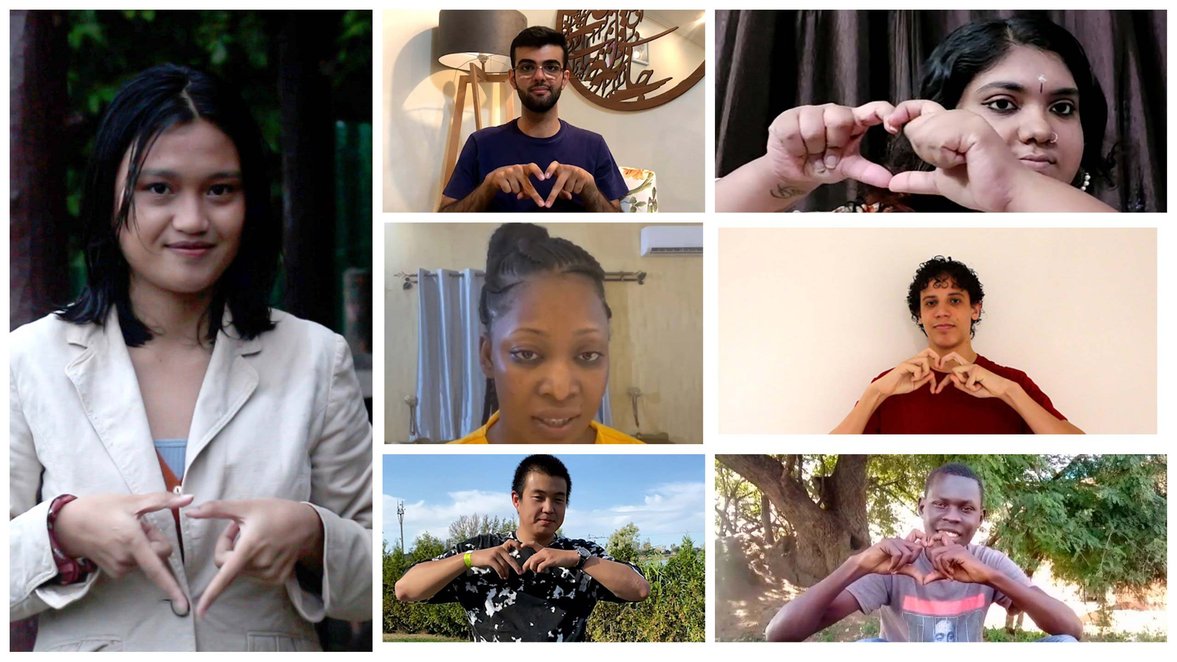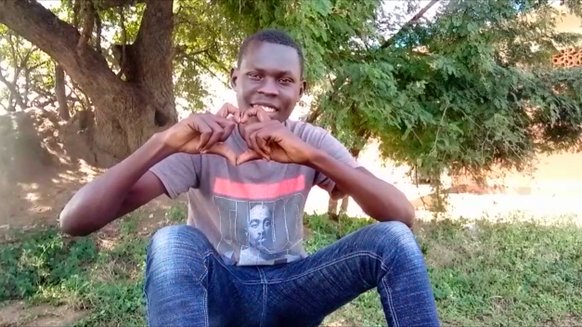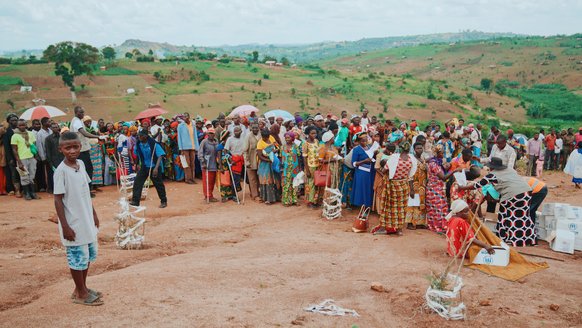Call for Concrete Action in Wake of Mental Health Summit
Oct. 11, 2021

Over 2,000 ministers, humanitarians and experts came together in Paris at the 2-day conference, “Mind Our Rights, Now!” The summit focused on the young people at the heart of the world’s mental health crisis. Globally, one in four people will be affected by a mental or neurological disorder in their lifetime. Children living with war are among the most vulnerable groups and are often prevented from accessing quality treatment.
Despite fueling recognition of the importance of mental health and heartfelt statements, the summit ended without clear commitments by governments and international organisations.
“All children and adolescents have the right to quality mental health care - this statement is simple”, said War Child Director of Research and Development and Professor of Child and Adolescent Mental Health, Mark Jordans. “But the issue of making it happen is much more complex and it needs everybody - policy makers, researchers, youth, leaders and mental health professionals - to come on board.”
Youth Engagement
22-year-old Patrick Kumi reminded the summit of the multiple cultural barriers towards accessing mental health care in war zones, refugee camps and other conflict-affected settings.
It is vital that youth, their caregivers and communities are equipped with the tools to meaningfully engage in and shape the way mental health and psychosocial support is delivered within their context.
“How do we know whether a child is better off; whether they lose or gain from an intervention?”, said Kumi. “Involve us - the children, the youth - in the design, monitoring and evaluation of these projects. Train us to be the guardians of these services and hold each other to account.”
Lack of Funding
So, what is holding the world back from putting words into actions? “To put it bluntly - money”, said professor Jordans. “Mental health and psychosocial support, once up and running, needn’t be expensive. It’s getting it off the ground; bringing these quality evidence-based interventions to scale that needs investment.”
The MHPSS Collaborative - a network of key academic and humanitarian actors in the field of mental health and psychosocial support - expressed its disappointment at the lack of concrete commitments. “COVID-19 has taught us that no-one is exempt from mental health problems”, says Managing Director of The MHPSS Collaborative, Leslie Snider. “What we can’t afford to do is lose this momentum or fail to deliver on what we promised.”
Together with the Collaborative and international child rights NGO Terre des Hommes, War Child is calling on governments to free up US$1.4 billion in funding to expand the provision of psychosocial support in fragile and conflict-affected settings. “We’ve had the discussions, we’ve mapped out the plan”, says Jordans. “Now, we need to put words into actions.”

